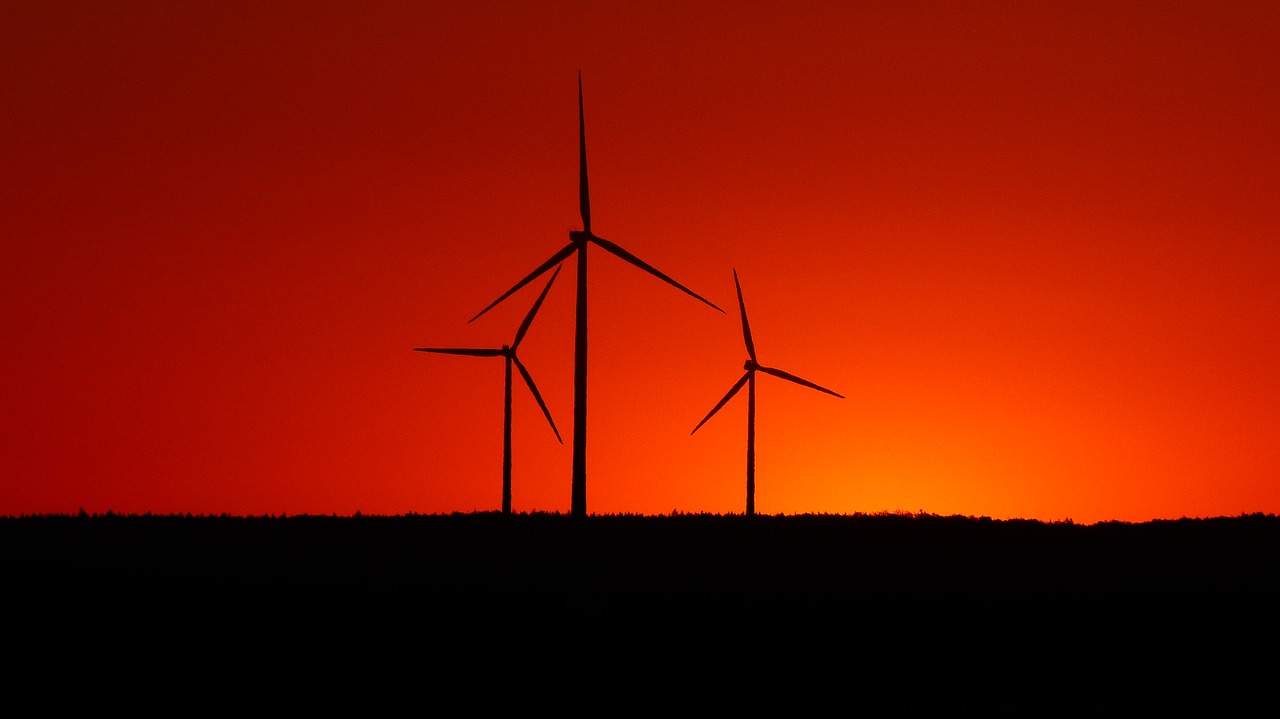Cash rules everything around me. Until it doesn’t and the oil price tanks.
The world is going to see some big changes as electric cars and renewables hit the petroleum industry hard. From petro states to pension funds, there will be big losers as the world moves to a cleaner/less polluting future.
While fracking was said to have seen a rebalancing of the US’ focus on the Middle East as a source of cheap petroleum became available for domestic usage, the move to renewables will push the very existence of petrostates into question.
Petrostates – aka oil rich nations dominated by a few powerful clans – include the likes of Saudi Arabia, Nigeria, Angola and Venezuela. Their raison d’etre is to extract as much revenues as possible from the black stuff, which until recently looked like a strategy like to reap immense dividends.
The sway of OPEC is such that beady oil analysts scan the minutes of the oil cartel’s minutes with religious devotion, as cuts in production tend to rock the global economy.
This is because most of the economic growth of the last 50 years has been fuelled by petroleum, and those that own the keys to the world’s biggest oil fields hence control the future.
Things are set to change at a pace that few considered possible. The recent data on the record low prices per kilowatt hour for offshore wind in the UK suggest an epoch like shift may be close to approaching.
On the one hand, the falling cost of renewables and the spread of the technology that backs the construction of wind farms and solar panels. On the other hand the move to electric cars, heralding the end of the internal combustion engine as countries such as the United Kingdom, India and France plot a fossil-free future.
Indeed, shipping and aviation could be next to see revolutions in technology, as commercial shipping tests out renewable technologies and LPG-powered fleets, while aviation is making tentative steps towards biofuels and start ups busily work on the technology needed to build battery-powered aircraft.
The simultaneous ascent of these technologies certainly should worry those countries that have based their entire economic future around the production and sale of the black stuff. Questions around building a “future beyond oil” were often considered to be worries for a future generation, however the lack of investment into new technologies, education and alternative sources of income may start to bite sooner rather than later.
Nations such as Norway that have invested hundreds of billions into real estate, equities and bonds won’t be feeling the pinch, but Saudi Arabia in particular derives a staggering 97% of its export earnings from petroleum. How it would transition its economic model into meeting the needs of its 32.3 million citizens remains unclear, and is possibly a source of future regional instability.
The scary thing about the waves set to rock the petroleum industry may be the sense of complacency that the wealth has brought many governments. It was simply taken for granted that oil would be a source of abundant wealth for generations to come, and hence an economic model built around saving and investment in technology and a services led economy may be far too late to implement by now.
On the other hand, the nations that are world leaders in renewable technologies, which includes the United States, Germany, China and Denmark will hold a position of immense privilege. Turning a state owned oil company into a world leading hub for renewable energy is no simple transition.
It involves a focus on resources on education, creativity and innovation and not on rent collection and cronyism, practices which have dominated many of the world’s petrostates. Indeed the values that drive growth in renewable energy are completely different to those employed by state owned oil companies, which seem unlikely to manage a move towards a free thinking vision of technological progress.
A similar revolution on the supply chain/marketing side will need to happen to integrate the necessary technical skills with the marketing/sales teams needed to help grow the world’s renewable energy giants. While oil sells itself, renewable energy is a service led business that requires a mixture of sales/technology and marketing skills.
As the world goes green, it looks as it if is likely many oil companies will go back to black.

Be the first to comment on "How renewable energy will change the political map"